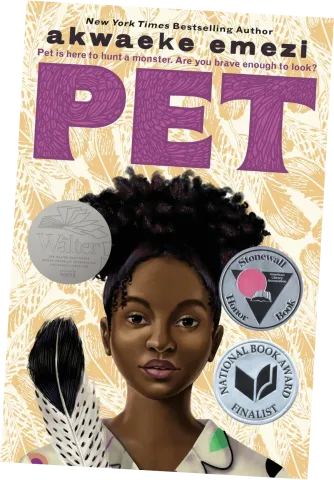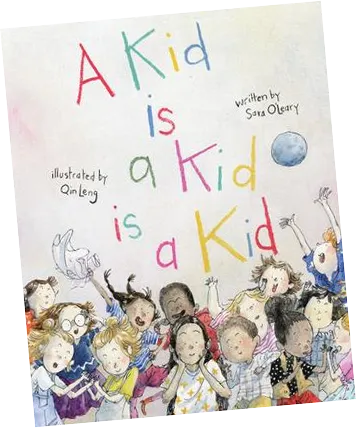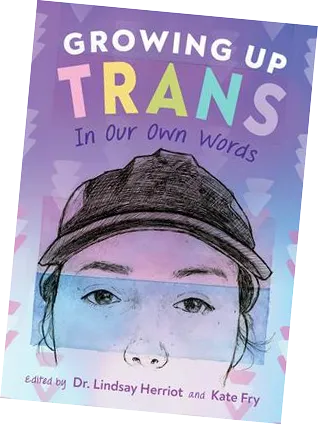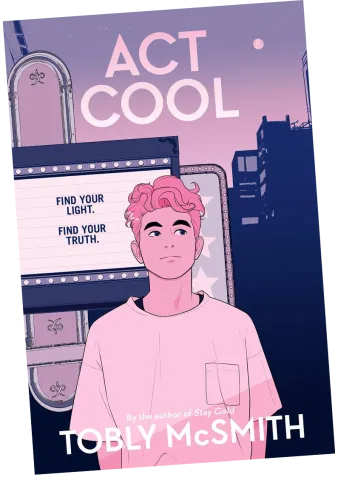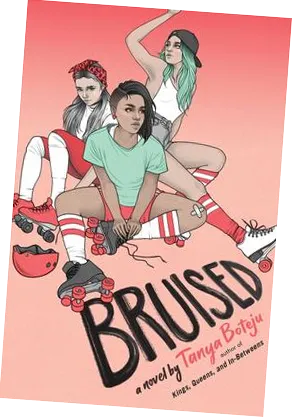Pride Month

The University of Lethbridge is proud to celebrate Pride Month under the theme of Building Resilience Through Community and Collaboration.
This year’s theme focuses on harnessing the collective strength of all our communities to move towards creating meaningful spaces of belonging. Our commitment as a university is to continue building safe and inclusive spaces where we can celebrate and honour the many voices of our 2SLGBTQ+ students and employees.
Pride month is a celebration of the diversity of the 2SLGBTQ+ communities, an acknowledgement of 2SLGBTQ+ history and a continued recognition of the achievements of queer and trans individuals and groups. Read more...
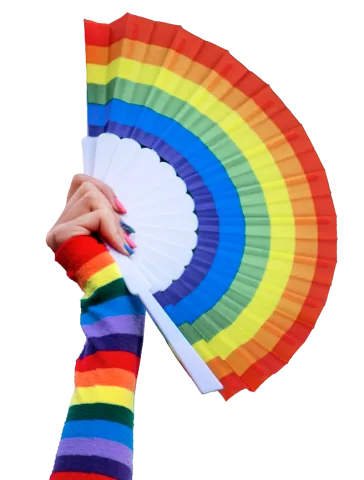
Please join us on
Tuesday, June 24,
at 11 a.m.
in the SU Ballroom to raise
the Progress Pride Flag together
Read more
Make a contribution to the VandenHoek Schlachter Pride Fund
Your generous donation will provide support for 2SLGBTQ+ students and those who advance equity and inclusion at the University of Lethbridge. All contributions will be matched 100% by ULethbridge!
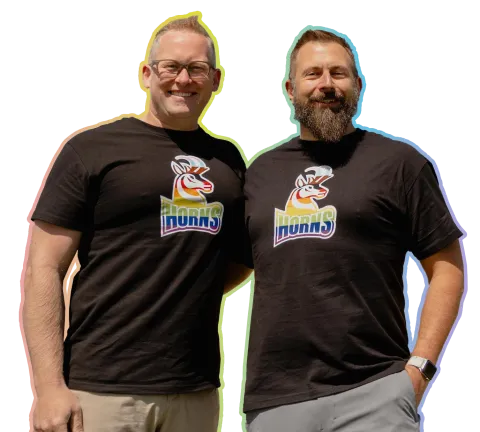
Questions and Answers
Pride month is a celebration of the diversity of the 2SLGBTQ+ communities within Canada and internationally. It is also an acknowledgement of the history and continued recognition of the achievements of 2SLGBTQ+ communities. Most importantly, it is also the ongoing recognition that the work must continue to fight for queer and trans rights in all areas.
Did you know that the very first pride parade was held in Toronto nearly three years after the Stonewall Riots in New York? The Stonewall Riots were led by trans and queer people of color against legal discrimination of queer people through policing in 1969. This event marked a historic moment for the fight for equality for the 2SLGBTQ+ communities.
The University of Lethbridge celebrates Pride Month as part of its continued work to creating a campus where all - students, staff, faculty and community - feel welcomed, safe, and a true sense of belonging. It is vital that this recognition and related work not be limited to the month of June; ULethbridge endeavors to recognize and affirm the rights and realities of 2SLGBTQ+ individuals as a key part of our campus community. This work includes creating spaces for brave conversations to discuss and address the systemic inequities that impact the lives of the 2SLGBTQ+ campus community at ULethbridge.
Doing the work to make our campus inclusive and better for all starts by calling in and calling out behaviours and centering active allyship.
To learn more about the campus resources, please visit:
The acronym used to refer to this community is often changing to reflect new and evolving understandings of sexual and gender identities. The most commonly-used version of the acronym, 2SLGBTQ+, means:
- Two-Spirit (2S): an identity term used by Indigenous individuals to reflect their traditional gender and sexual identities that do not conform to European gender and sexual norms that were enforced and continued to be maintained on Turtle Island (North American) during the process of colonization. This identity is included first in the acronym as a reminder that Two-spirit individuals have been on Turtle Island since time immemorial.
- Lesbian
- Gay
- Bisexual
- Transgender
- Queer or Questioning
- + : to reflect all identities are not included and others that continue to take shape and evolve as we collectively expand our understandings of gender and sexual identities and continue to challenge traditional norms.
Ally is not included in the 2SLGBTQ+ acronym, as an ally is not an identity, but an action. While it can make allies feel more included, ally is a quality that is chosen and can be as visible or invisible as desired. An ally supports 2SLGBTQ+ people and communities and educates themselves about the inequities faced by queer and trans individuals. Allies speak out about these inequities and advocates for change at structural and individual levels.
Allies do not face the same systemic and structural inequities that trans and queer communities do. Allies have the privilege and power to uplift and support 2SLGBTQ+ initiatives but must do so in a way that centers 2SLGBTQ+ voices and does not impose further violence on them. 2SLGBTQ+ spaces are meant to be safe and supportive for individuals, and allies must be mindful of this when interacting with these spaces.
The term ally is an active verb, rather than an identity to foster good feelings within oneself without doing the associated work of allyship. Being an ally is not meant to be easy or superficial; it involves deep, difficult and ongoing meaningful engagement with 2SLGBTQ+ communities.
Learn more about Active Allyship
It is important that 2SLGBTQ+ communities see physical signs or symbols that let them know a place is safe. Using pride flags or buttons or posters in spaces can indicate this, but it important to recognize that displaying these symbols also comes with responsibility and commitment, as they constitute a promise to queer and trans individuals that efforts have been taken to ensure their safety and inclusion. This includes the use of language and behaviours that affirm a person’s identity and autonomy.
One way that staff and faculty can engage in this work is to ensure that we are using the correct name for our students. This includes learning where to find a student’s “preferred” name if they have elected to chose one for our class lists, emails, and conversations. We can also help students who wish to be addressed by a name that is not their legal name locate information on how to legally change their name or register a chosen or “preferred” name.
We can also prioritize using gender-neutral pronouns, such as they/them, instead of assuming a pronoun, asking others that pronouns they would like to be addressed by, and making a habit of sharing our own pronouns when we meet new people. When we make mistakes, we should be prepared to take accountability without over-apologizing, making polite corrections of ourselves and others when mistakes are made, and avoiding defensiveness when our mistakes are pointed out.
By prioritizing using the correct name and pronouns for our students and staff, we can take important steps towards a more inclusive and welcoming campus.
Everyone uses pronouns, it is not limited to trans folks! They are a component of many languages around the world and include I, we, you, and us. Pronouns are how we refer to one another when we are not using a name, such as she/her/hers or he/him/his. Having an awareness that some individuals utilize different pronouns than we are used to (such as they/them or they/she) or that we cannot assume someone’s pronouns based on physical appearance are ways we can help foster inclusive spaces for queer and transgender students and staff.
As allies, we can share our pronouns (such as in our lectures, email signatures and Zoom nametags) to normalize the practice of sharing and asking for pronouns to foster inclusive spaces and conversations. Using pronouns is a way of respecting and honoring an individual’s identity. Pronouns could be gender-specific or gender-neutral. If you are not sure what are someone's pronouns always start the conversation by introducing your own. Remember, no one has to share their pronouns.
When we make mistakes, we should be prepared to take accountability without over-apologizing, making polite corrections of ourselves and others when mistakes are made, and avoiding defensiveness when our mistakes are pointed out.
Sample nametag with gender pronouns:
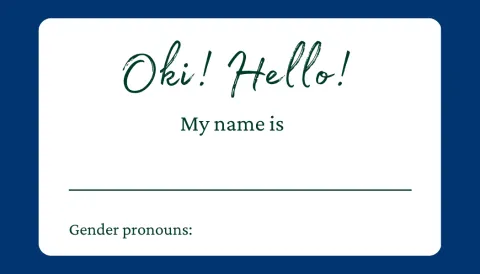
2SLGBTQ+ Resources
Check out the ULethbridge Bookstore's list of recommended readings for Pride Month!


